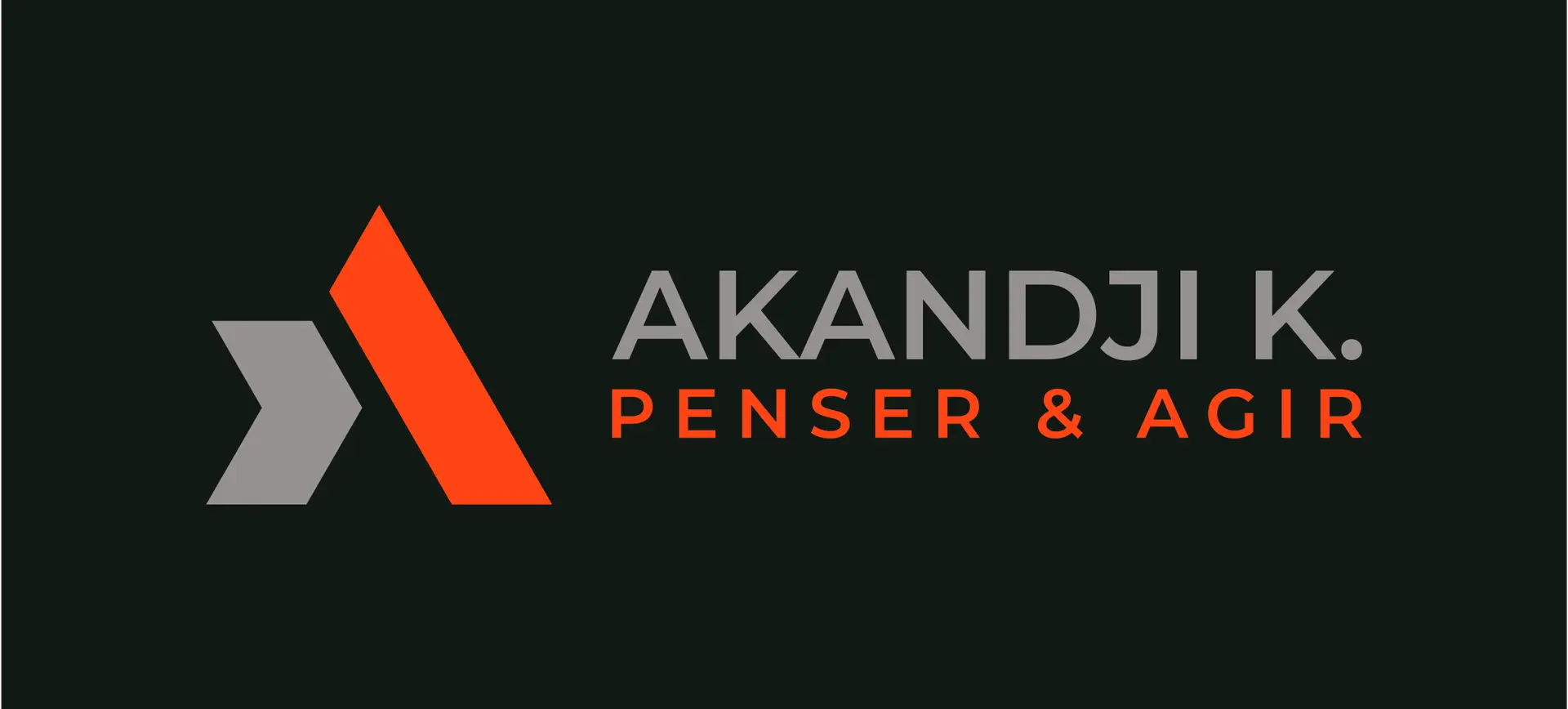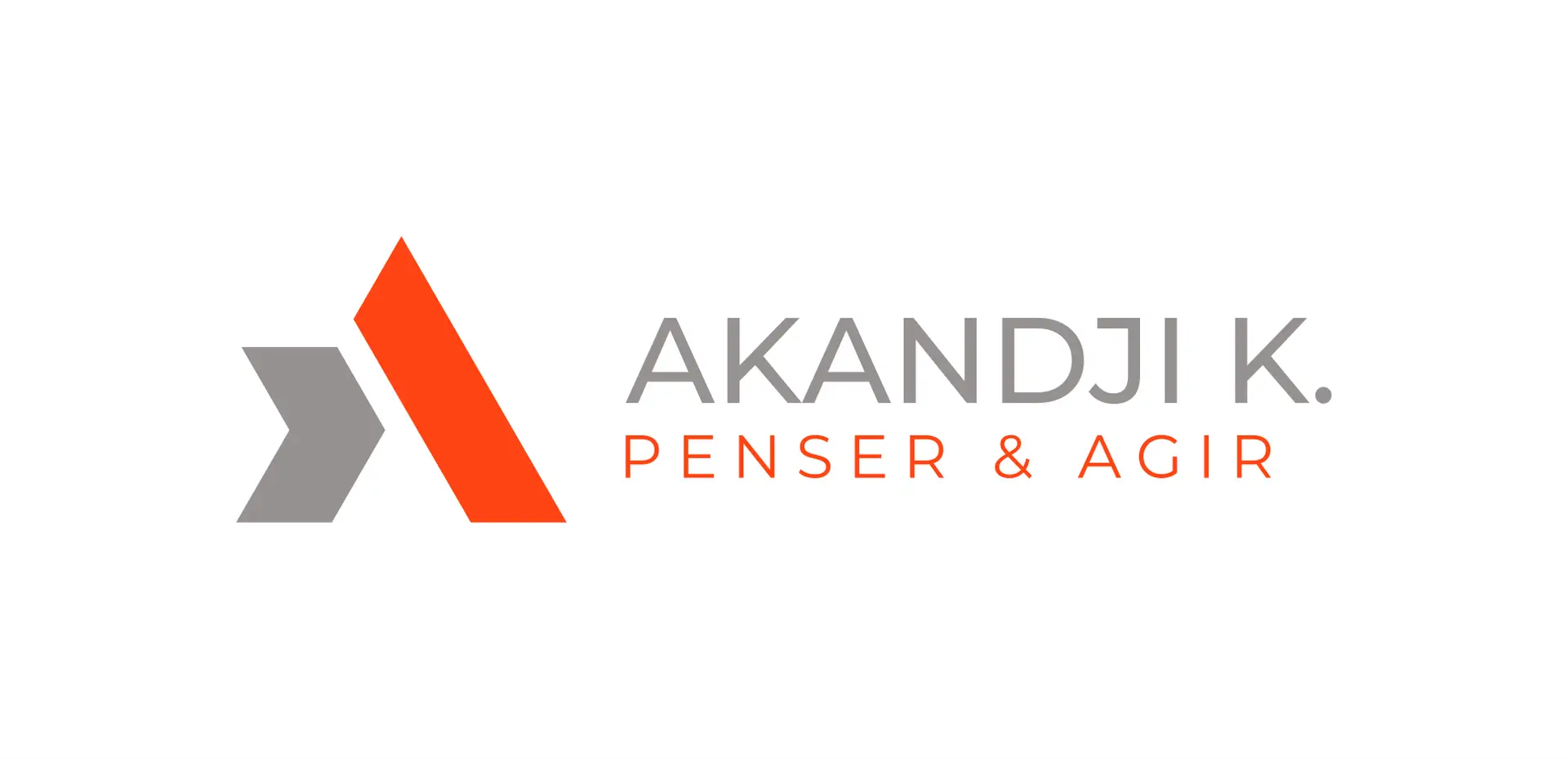“HOW TO MAKE THE BEST USE OF THE COLLECTIVE COMPLAINTS PROCEDURE UNDER THE EUROPEAN SOCIAL CHARTER”
Awareness-raising and training for Non-Governmental Organisations organised by the Council of Europe’s INGOs Conference and Social Platform, with the support of ANESC – Academic Network on the European Social Charter and Social Rights, in the framework of the “Turin Process”
22 September 2015, European Economic and Social Committee, Trèves Building, 7th floor, 74 rue de Trèves, 1040 Brussels (how to get to the EESC)
Social Platform and the Conference of International Non-Governmental Organisations of the Council of Europe have the pleasure to invite key European INGOs to an awareness-raising and training event on the Collective Complaints Procedure of the European Social Charter
Contact Person: Annica Ryngbeck (Social Platform) +32 2 508 16 39, annica.ryngbeck@socialplatform.org
PURPOSE OF THE TRAINING
The purpose of the training is to make sure that European Non-Governmental Organisations are duly informed about the Collective Complaints Procedure and fully aware of their key role in its operation, with a view to a better protection of fundamental social rights at the pan-European level. The training therefore aims at:
- Improving knowledge of INGOs about the Collective Complaints Procedure and the related normative system of the European Social Charter;
- Promoting an in depth exchange of views and experiences among INGOs with respect to the procedure, in relation to specific themes, provisions and/or States Parties;
- Providing technical advice with respect to possible questions from INGOs wishing to make better use of the procedure.
The training is part of the ‘Turin process’ – www.coe.int/web/turin-process launched by the Secretary General of the Council of Europe at the High-Level Conference on the European Social Charter (Turin, 17-18 October 2014).
The ‘Turin process’ aims at reinforcing the normative system of the Charter within the Council of Europe and in its relationship with the law of the European Union. The objective is to improve the implementation of fundamental social rights throughout Europe, in parallel to the civil and political rights guaranteed by the European Convention on Human Rights.
**DRAFT AGENDA**
8.30-9.00 Registration and coffee
9.00-9.20 OPENING SESSION
Representative of the European Economic and Social Committee (tbc)
Anna RURKA, President of the Council of Europe’s INGOs Conference
Jana HAINSWORTH, President of Social Platform
Jean-François AKANDJI-KOMBÉ, General Coordinator of the Academic Network on the European Social Charter and Social Rights
Moderator: Riccardo PRIORE, Coordinator of the Turin process, Department of the European Social Charter, Council of Europe
9.20-11.30 SESSION I
THE EUROPEAN SOCIAL CHARTER’S COLLECTIVE COMPLAINTS PROCEDURE
Session I will provide updated information on the abovementioned procedure in the framework of the normative system of the Charter and its implementation, also in relation to other international instruments / procedures dealing with fundamental social rights at the international level. Opportunity will be given for questions and answers during the session.
Chair: Anna RURKA, President of the Council of Europe’s INGOs Conference
Implementation of the Collective Complaints Procedure in the framework of the normative system of the European Social Charter and the related case-law of the European Committee of Social Rights
Riccardo PRIORE and Karin LUKAS, Member of the European Committee of Social Rights, Council of Europe
Dutch experiences with the proceedings and decisions adopted by the European Committee of Social Rights
Roeland BÖCKER, Government Agent before the European Court of Human Rights and the European Committee of Social Rights, Ministry of Foreign Affairs of the Netherlands
10.10-11.20 Discussion, initiated by Jean-François AKANDJI-KOMBÉ
Towards an enhanced implementation of the Collective Complaints Procedure: a key objective of the ‘Turin process’
Michele NICOLETTI, President of the Italian Delegation to the Parliamentary Assembly, General Rapporteur of the High-Level Conference on the European Social Charter (Turin, 17-18 October 2014)
11.20-11.50 Networking break
11.50-13.20 SESSION II – workshop 1 & 2
EXCHANGE OF VIEWS AND EXPERIENCES AMONG INTERNATIONAL NON-GOVERNMENTAL ORGANISATIONS WITH RESPECT TO THE COLLECTIVE COMPLAINTS PROCEDURE
Session II will take place in the form of two consecutive sets of two parallel workshops. All workshops will focus on different themes, and specific provisions of the European Social Charter. In this context, selected INGOs will share the experience gathered with respect of the Collective Complaints Procedure.
The themes of the workshops will be tailored to reflect the issues raised by INGOs when they register.
13.20-14.20 Lunch break
14.20-15.50 SESSION II – workshop 3 & 4
15.50-16.10 Networking break
16.10-17.10 SESSION III
FROM INFORMATION AND DISCUSSION TO CONCRETE ACTION
Session III will consist of an exchange between representatives of INGOs and experts of the Academic Network on the European Social Charter and Social Rights (ANESC), moderated by the Coordinator of ANESC with the assistance of the workshops’ moderators. It will focus on concrete issues related to the implementation of the Collective Complaints Procedure still to be discussed, worked out or clarified following the information, exchanges, examples provided and debated during Session I & II.
17.10-17.30 CONCLUDING REMARKS
Jana HAINSWORTH, President of Social Platform
Anna RURKA, President of the Council of Europe’s INGOs Conference
18.00-19.00 Reception
BACKGROUND INFORMATION
The European Social Charter – www.coe.int/socialcharter
The Charter is a human rights treaty, complement to the European Convention on Human Rights, which refers to civil and political rights. Together, the two treaties span the whole spectrum of human rights. The Council of Europe is committed to the principle of indivisibility: social rights are human rights on an equal footing with civil and political rights.
The Charter is the most wide-ranging and comprehensive international legal instrument for the protection of social rights. The Charter’s normative system covers a broad range of individual and collective rights, covering many different areas: employment, social protection, social and medical assistance, health, education, housing, social exclusion, poverty. Within these areas, there are provisions protecting specific target groups such as children, women, disabled, families, elderly people, and migrants.
Today, the Charter is one of the most widely ratified human rights treaties of the Council of Europe. The widespread support for social rights is assured by the fact that most member States are parties to one of the main instruments, either the 1961 European Social Charter or the Revised European Social Charter of 1996. Only four States – Liechtenstein, Monaco, San Marino and Switzerland – have not ratified either of these treaties.
The European Committee of Social Rights is the Council of Europe body which monitors the implementation of the Charter’s provisions through ‘reports’ drawn up by States Parties and through collective complaints lodged by NGOs and social partners. The decisions of the European Committee of Social Rights are declaratory; in other words, they set out the law. On this basis, States Parties are required to take measures to give them effect under domestic law or through policies. In this connection, in some cases, domestic courts can declare invalid or set aside domestic legislation if the European Committee of Social Rights has ruled that it is not in compliance with the Charter.
In the event of violation of the Charter, the State is asked to notify the Committee of Ministers of the Council of Europe of the measures taken or planned to bring the situation into conformity. In line with the practice adopted in the framework of monitoring the implementation of the European Convention on Human Rights, the respondent State must provide information on the measures it has taken to give effect to the European Committee of Social Rights’ decision, taking account of the recommendation or resolution adopted by the Committee of Ministers. In cases where it is found that the Charter has been violated, the respondent State must present in every subsequent report on the provision(s) concerned the measures taken to bring the situation into conformity. Ultimately, it falls to the European Committee of Social Rights to determine whether the situation has been brought into compliance with the Charter.
The Collective Complaints Procedure is a protection system which complements the judicial protection provided under the European Convention on Human Rights. Complaints may be lodged by entitled international non-governmental organisations and social partners[1] without domestic remedies having been exhausted and without the complainant organizations necessarily being a victim of the alleged violation. Because of their collective nature, complaints may only raise questions concerning non-compliance of a State’s law or practice with accepted provisions of the Charter. Complaints can be lodged against a State in which the Charter is in force, which has accepted the procedure and the relevant Charter’s provision(s).
The following Council of Europe member states has accepted the Collective Complaints Procedure: Belgium, Bulgaria, Croatia, Cyprus, Czech Republic, Finland, France, Greece, Ireland, Italy, the Netherlands, Portugal, Slovenia, and Sweden.
The following member states have not yet accepted the procedure: Albania, Andorra, Armenia, Austria, Azerbaijan, Bosnia & Herzegovina, Denmark, Estonia, Georgia, Germany, Hungary, Iceland, Latvia, Liechtenstein, Lithuania, Luxembourg, Malta, Republic of Moldova, Monaco, Montenegro, Poland, Romania, Russian Federation, San Marino, Serbia, Slovakia, Spain, Switzerland, “The former Yugoslav Republic of Macedonia”, Turkey, Ukraine, United Kingdom.
For further information about which provisions of the Charter each State has accepted, please see the section ‘Country Factsheets’ on www.coe.int/socialcharter, as well as:
- Overview of signatures and ratifications,
- Complete presentation of the state of Signatures and Ratifications
Further information on the normative system of the Charter (chart of signatures and ratifications of the different treaties; list of declarations, reservations and other communications made by the States; texts ad summaries of the treaties; explanatory reports, etc.) are available here.
The Conference of INGOs of the Council of Europe – www.coe.int/t/ngo
More than 300 INGOs enjoy participatory status and make up, since 2005, the Conference of INGOs which constitutes civil society’s pillar in the Council of Europe “quadrilogue” with the Committee of Ministers, the Parliamentary Assembly and the Congress of Local and Regional Authorities. Through this status, the Council of Europe includes INGOs in intergovernmental activities and encourages dialogue of members of parliament and local and regional authorities with associations on challenges facing society. The Conference of INGOs is now recognised as an institution of the Council of Europe.
Social Platform – www.socialplatform.org
Social Platform is the largest platform of European rights and value-based NGOs working in the social sector. Its mission is to advocate for, and raise awareness on, policies that bring social progress to all in the EU, by mobilising members and providing them with a strong voice.
The Academic Network on the European Social Charter and Social Rights – http://racseanesc.org
ANESC is a non-profit organisation of academics and other persons who wish to contribute to its aim. The Network’s mission is to promote the European Social Charter and social rights in Europe, in relation to the experience of other continents. It shall take every initiative conducive to making the European Social Charter and the other instruments for the protection of social rights known in Europe, and to improving their application and protection both at the level of the Council of Europe and in its member States. The Network’s actions shall principally take these forms: Education and training; Research and publication; Legal expertise; Contributions to national and international judicial or contentious procedures, particularly in an amicus curiae capacity.
[1] Any State may grant representative national non-governmental organizations (NGOs) within its jurisdiction the right to lodge complaints against it. As at 28 April 2015, only Finland has done so.
Partager :
- Share on Print & PDF(ouvre dans une nouvelle fenêtre) Print & PDF
- Email a link to a friend(ouvre dans une nouvelle fenêtre) E-mail
- Tweet
- Share on Telegram(ouvre dans une nouvelle fenêtre) Telegram
- Share on WhatsApp(ouvre dans une nouvelle fenêtre) WhatsApp
- Share on Threads(ouvre dans une nouvelle fenêtre) Threads










